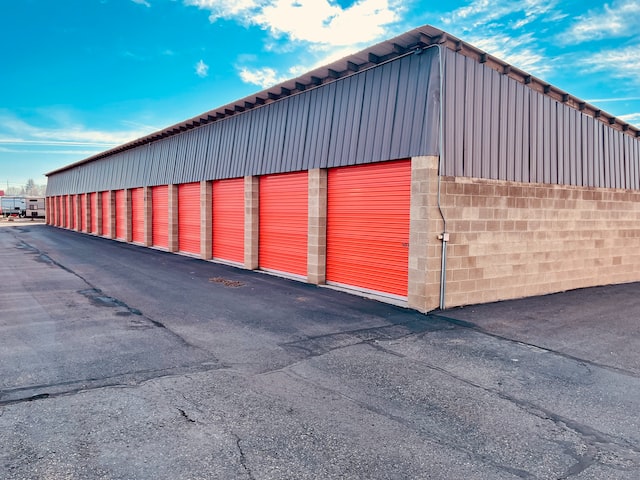The modern home is filled with a variety of items, from furniture to electronics, books, and more. But when your belongings become too numerous for the size of your space or the number of items you own exceeds the capacity of your storage solutions, it can be difficult to find places for everything. With this helpful guide, we’ll explore how to successfully store extra stuff in your home.
1. Evaluating Your Space
When evaluating what storage solutions you have in your home, it’s important to take into account the type of items you are storing. Do you need quick access to certain things? Is there a need for long-term storage or is this something that will eventually be used again and just needs a place to go until then? Make sure to make a list of all the items you can think of that you need to store in order to make sure you have the right solution for each individual item.
2. Making Use of Storage Containers
As you start collecting items around your home, you may find it useful to invest in some storage containers. Storing extra items such as books, electronics, and clothing in plastic bins is a great way to keep them organized and out of sight.
If you have any clothes that you’re not using for the foreseeable future, consider investing in vacuum-sealed storage bags. These will keep your clothes fresh while saving space and taking up much less room than traditional containers or bags. You can also find some great deals on stackable boxes, which are perfect for storing items of various sizes.
3. Utilizing Wall Space
Since we all have walls in our homes, it is a great place to start when looking for ways to store extra stuff. You can incorporate shelves, peg boards, and hooks into the design of your wall so that you can hang items up off the floor. This will help keep them organized and out of the way while still being accessible.
For example, if you often find yourself losing track of all your tools, try installing a peg board in the garage or shed and hang all your tools up so that they’re easy to see and grab when needed. It’s also a great space to hang frequently used items such as coats, hats, bags, and accessories.
4. Rearranging Furniture to Make Room
If you live in a small space and don’t have additional storage options, rearranging your existing furniture can create more room for storing extra items. Consider how you can move things around to fit larger pieces of furniture if necessary or look into investing in multi-functional pieces that provide extra storage space.
For example, an ottoman can double as a storage chest, or you could buy an extra-long sofa with a built-in chaise to free up floor space. Additionally, make sure you take advantage of vertical storage solutions like shelves and wall hooks in order to maximize the space you have. This way, you can easily keep your home organized and clutter-free.
5. Donating or Selling Unused Items
Whether you’re a pack rat or simply have too much stuff, consider donating items you rarely use or no longer need. Clothing, books, furniture, and other household items can be donated to your local thrift store. If you want to make some extra cash, consider selling your unused items on eBay, Facebook Marketplace, or another online marketplace.
Not only will this help you make some money, but it will also free up some space in your house. Keep the items that you use and donate or sell those that are just taking up space. It’s a win-win situation!
6. Deciding On Long-Term Storage Solutions
Of course, you’ll want to consider long-term storage solutions for your extra stuff. This could be something as simple as renting a dedicated storage unit from a facility, or something more custom like having shelves built by a professional carpenter. Also, you can compare storage units online, so you can find the best deal. Additionally, you may also want to consider creating a system of “zones” in your home so that it’s easier to find and access items when you need them.
In the end, storing extra items in your home is a great way to clear clutter and free up living space. When you know where all of your belongings are, it makes it easier to find them when needed. There are many options for storing items, from shelves and closets to self-storage units or even outdoor storage containers. Think about what type of storage solutions would work best for you and your items, and keep in mind the safety and security of your belongings. Thanks for reading!


